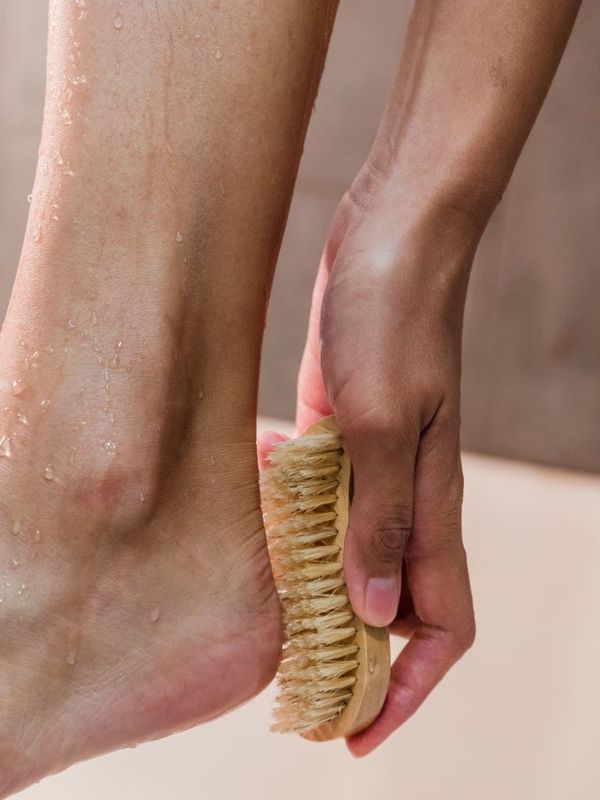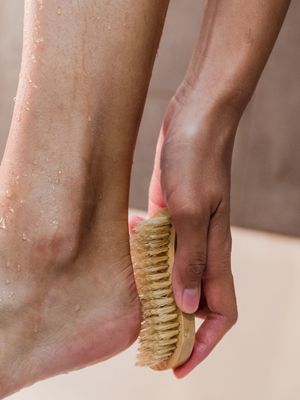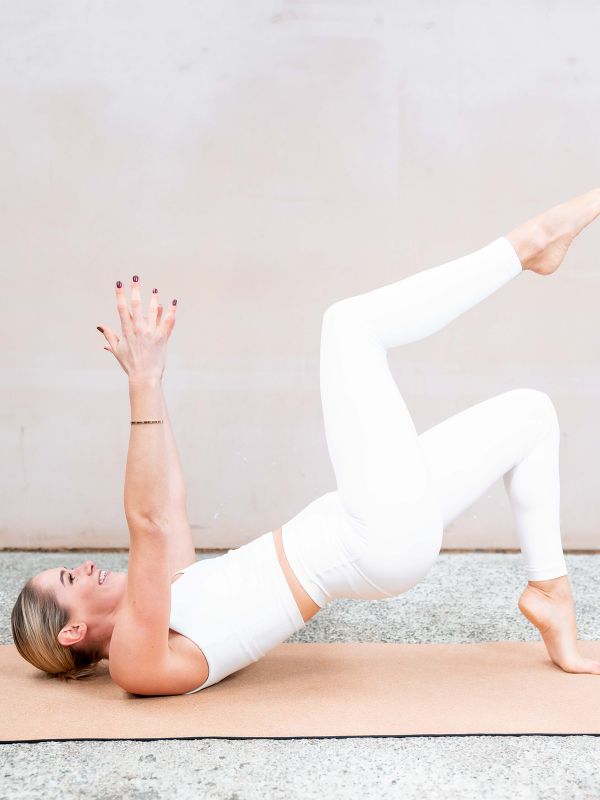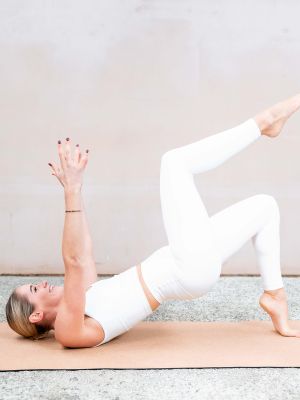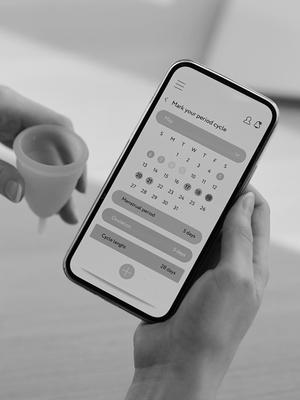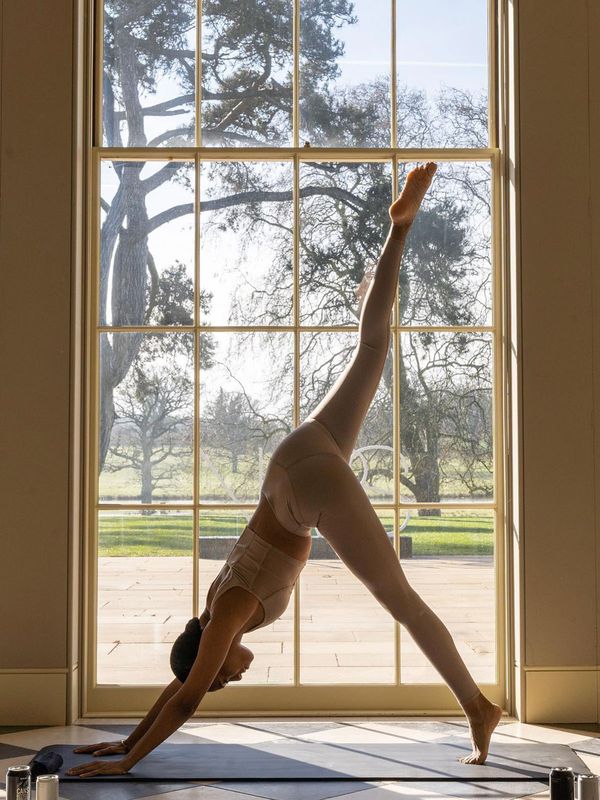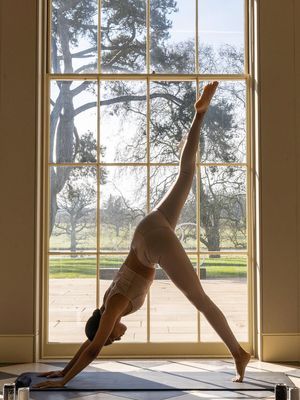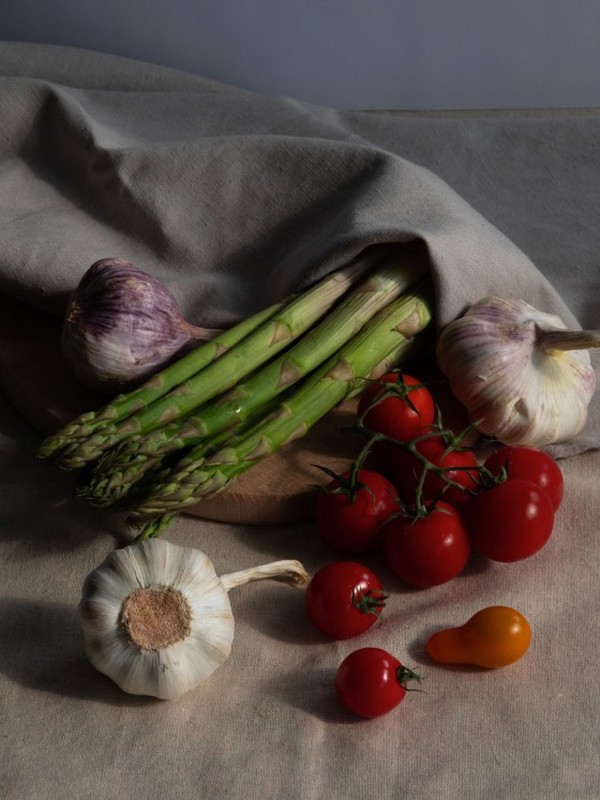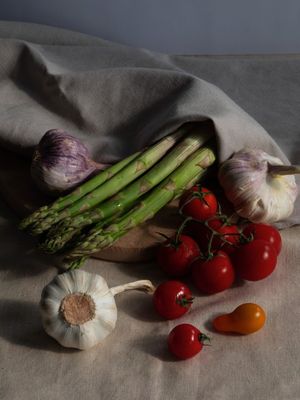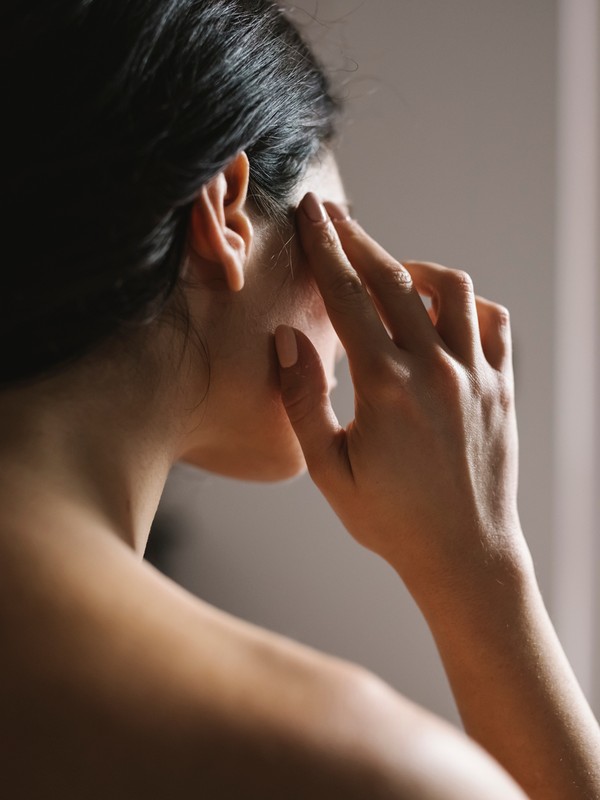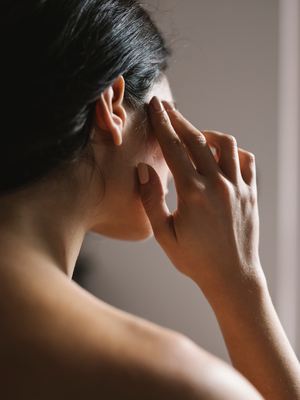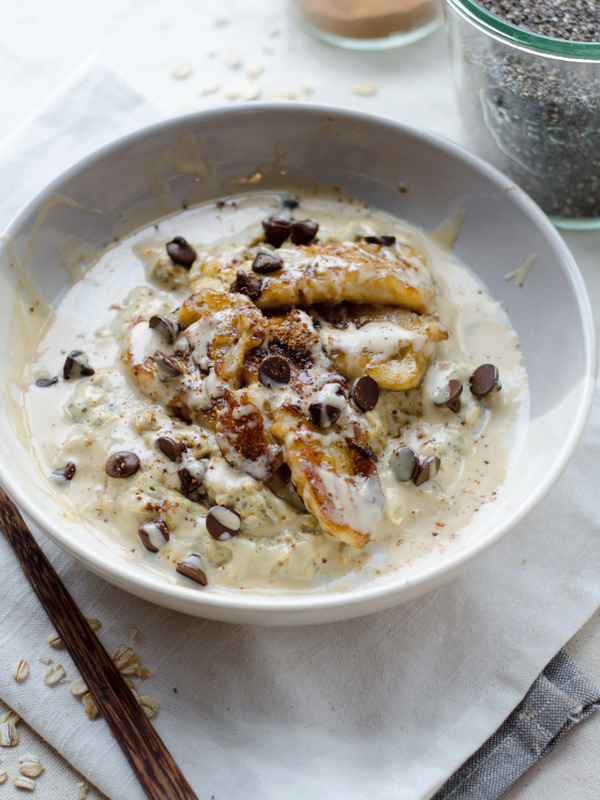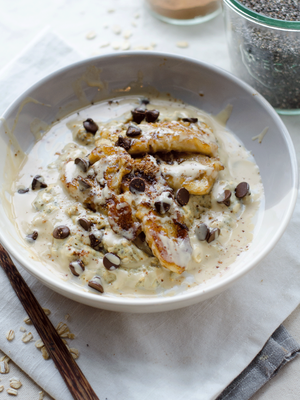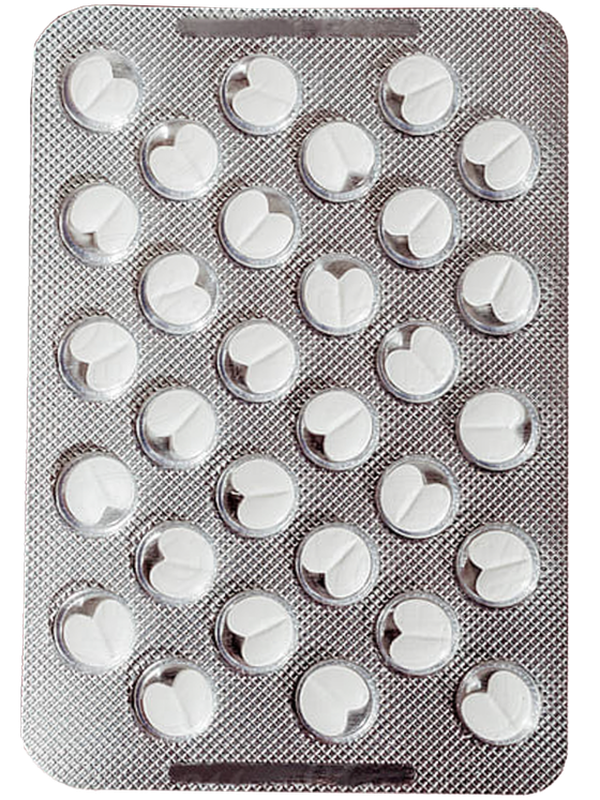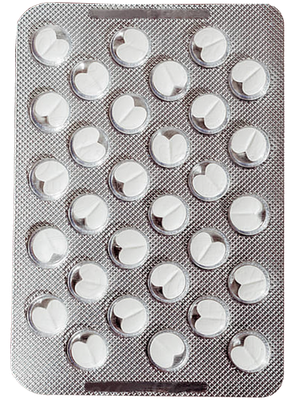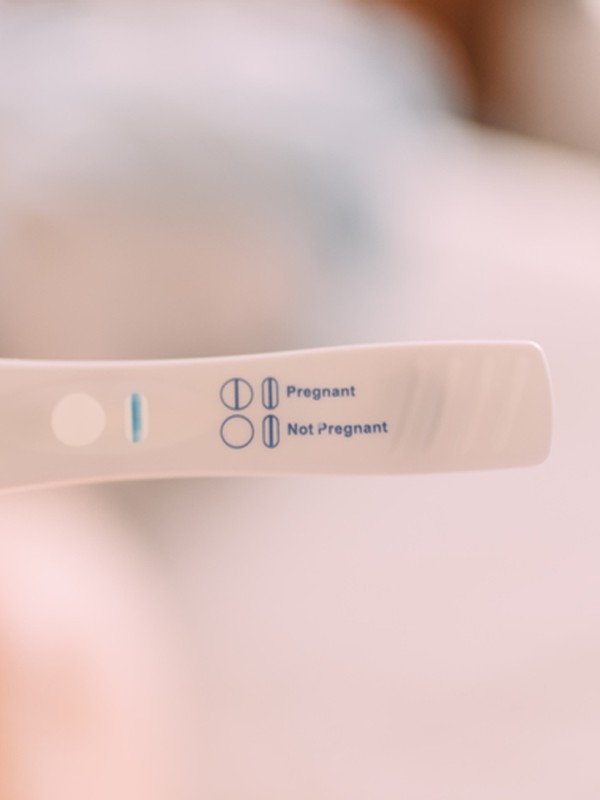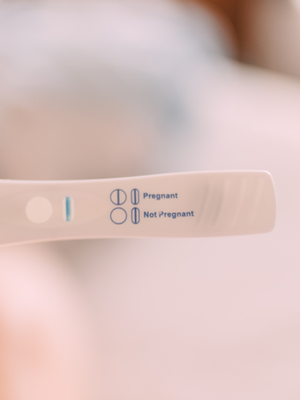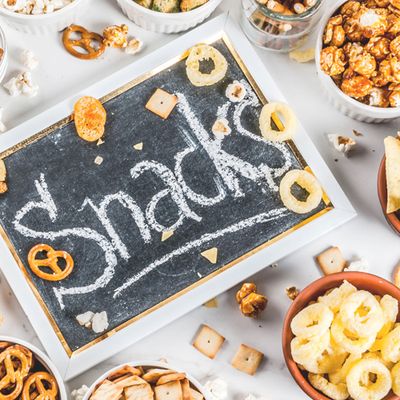
Have We Reached Peak Snack?
What’s the latest?
It’s official – we’re a nation of snackers. According to research, the average Brit now eats crisps, nuts or popcorn seven times a week and in the last three years, snacking on nuts has risen by almost 25%. We’re the largest snackers in Europe, eating four times more crisps than the French or Italians. If that wasn’t enough, stats also show 54% of British women now snack twice a day. Generation graze, indeed.
So, what’s the problem?
You may think that constant snacking is essential to fuel our busy lives, but nutritionist and anti-snack advocate Petronella Ravenshear believes endless grazing is wreaking havoc with our bodies. “Being in a constantly ‘fed’ state sends your body into a negative energy spiral. When you eat, your body is temporarily inflamed – we call this ‘post prandial inflammation’ – but when this is happening throughout the day, it suppresses the immune system. Inflammation is associated with depression and that creates a vicious circle. Say you feel low and reach for some sugar to pick you up; the sugar increases insulin and inflammation, and also zaps B vitamins, magnesium and zinc, nutrients crucial for energy.”
So skipping snacks could boost our health?
“Absolutely. Healthy individuals don’t need snacks,” Ravenshear says. “Snacking ultimately makes you fatter and tired.” She also explains that we should be leaving five hours between meals – five hours, she says, is the amount of time it takes for insulin, our fat-storage hormone, to be low enough to allow glucagon, our fat-burning hormone, to kick into action. Interestingly, Ravenshear also says tea and coffee count as snacks, due to the effect caffeine can have on insulin levels. “If you find yourself peckish around 40 minutes after a cup of tea or coffee, it’s a sign it may be affecting your blood sugar,” she says.
Is there ever an exception?
Nutritional therapist Amelia Freer says that done right, snacking can reignite flagging energy reserves, especially if you’re pregnant or training heavily at the gym, but these are the exceptions. “I advise the majority of my clients to cut out snacking altogether. There’s just no need to constantly graze to eat well, particularly as ‘snack’ foods tend to be less nutritionally balanced than main meals. No-one ever died of starvation between regular, nourishing meals.”
How can you transition to a snack-free diet?
Put all your effort into your three main meals, advises Freer. “Breakfast tends to be the trickiest meal to achieve nutritional balance as typical foods like cereal or jam on toast are low in protein and packed with refined carbs. Instead, think about including protein, healthy fats and fruit or vegetables at every meal. For breakfast, this could be a couple of boiled eggs with a handful of spinach, a slice of rye toast and a drizzle of olive oil. Once meals are providing plentiful nutrients and adequate energy, the desire to snack naturally diminishes, and it will be much easier to make the shift consciously too.”
Any top tips to fend off a sugar craving?
If the office treats are calling, try sweet fruits such as mango instead. The negative effects of the sugar are at least partially offset by fruit’s strong nutrient profile, says Ravenshear, who also says eating a couple of walnuts or a spoon of tahini can help banish cravings.
The bottom line?
If you find your energy levels flagging at 4pm or struggle to go for five hours between meals, nutrition experts say you could benefit from cutting back your snack habits and cleaning up your diet.
Amelia Freer’s latest book, Simply Good For You, is available to pre-order now. For more information or to book an appointment with Petronella Ravenshear, visit Chelseanutrition.com
DISCLAIMER: We endeavour to always credit the correct original source of every image we use. If you think a credit may be incorrect, please contact us at info@sheerluxe.com.
